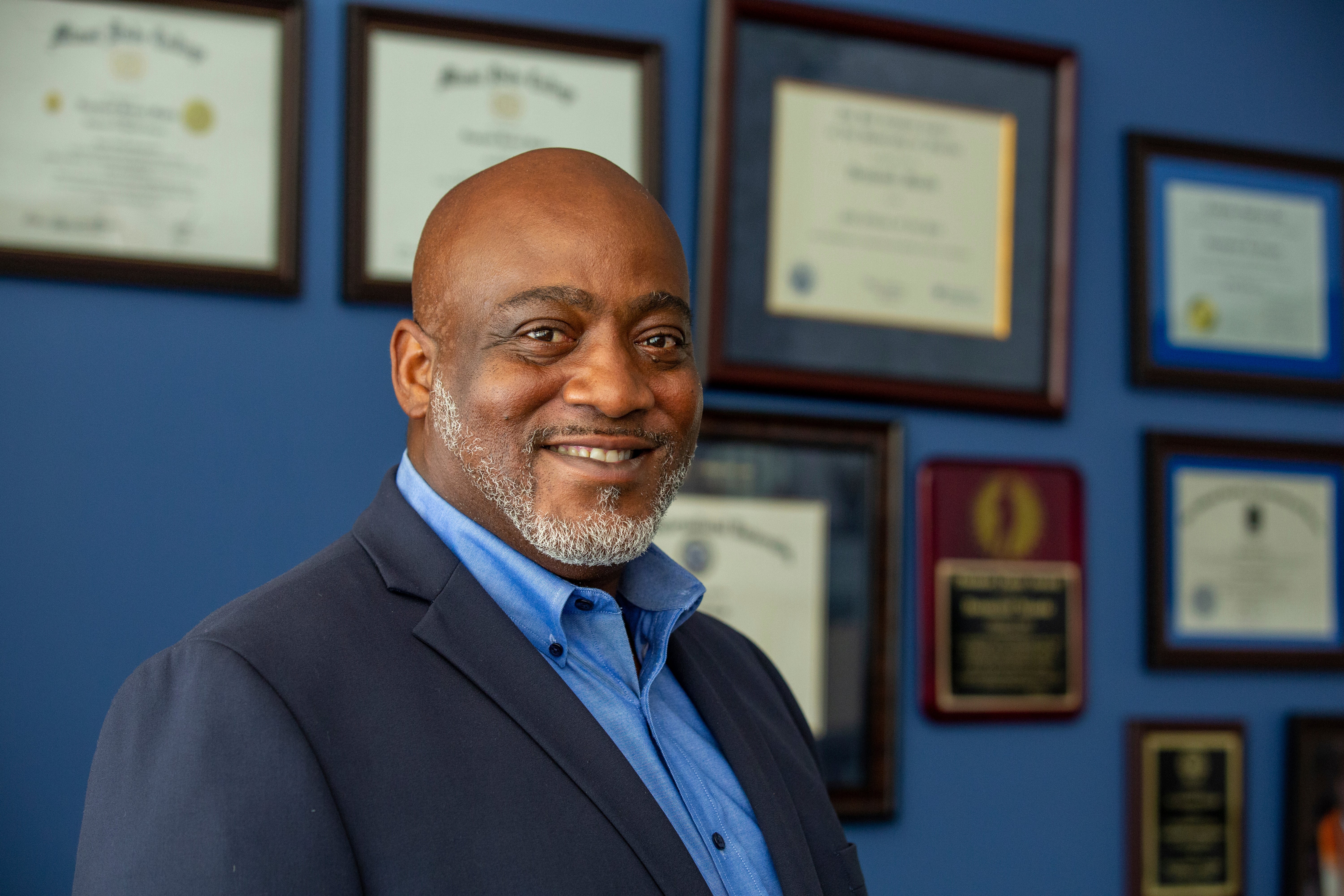Who are the 2021 MacArthur fellows?
Writers, artists, poets, a virologist, activists and filmmakers are among the luminaries named as this year’s MacArthur fellows

Your support helps us to tell the story
From reproductive rights to climate change to Big Tech, The Independent is on the ground when the story is developing. Whether it's investigating the financials of Elon Musk's pro-Trump PAC or producing our latest documentary, 'The A Word', which shines a light on the American women fighting for reproductive rights, we know how important it is to parse out the facts from the messaging.
At such a critical moment in US history, we need reporters on the ground. Your donation allows us to keep sending journalists to speak to both sides of the story.
The Independent is trusted by Americans across the entire political spectrum. And unlike many other quality news outlets, we choose not to lock Americans out of our reporting and analysis with paywalls. We believe quality journalism should be available to everyone, paid for by those who can afford it.
Your support makes all the difference.Writers artists, poets, a virologist, activists and filmmakers are among the luminaries named as this year’s MacArthur fellows. The John D. and Catherine T. MacArthur Foundation on Tuesday announced 25 people will each receive $625,000 over five years to use as they please. The Chicago-based foundation has awarded the “genius grants” every year since 1981 to help further the pursuits of people with outstanding talent.
The 2021 fellows are:
Hanif Abdurraqib, 38, Columbus, Ohio music critic, essayist, and poet forging a distinctive style of cultural and artistic criticism through the lens of popular music and autobiography.
Daniel Alarcón, 44, New York writer and radio producer chronicling the social and cultural ties that connect Spanish-speaking communities across the Americas.
Marcella Alsan, 44, Cambridge, Massachusetts, physician-economist investigating the role that legacies of discrimination and resulting mistrust play in perpetuating racial disparities in health.
Trevor Bedford, 39, Seattle, computational virologist developing tools for real-time tracking of virus evolution and the spread of infectious diseases.
Reginald Dwayne Betts, 40, New Haven, Connecticut, poet and lawyer promoting the humanity and rights of individuals who are or have been incarcerated.
Jordan Casteel, 32, New York, painter capturing everyday encounters with people of color in portraits that invite reciprocal recognition of our shared humanity.
Don Mee Choi, 59, Seattle, poet and translator bearing witness to the effects of military violence and U.S. imperialism on the civilians of the Korean Peninsula.
Ibrahim Cissé, 38, Pasadena, California 38, cellular biophysicist developing microscopy tools to investigate the subcellular processes underlying genetic regulation and misfunction.
Nicole Fleetwood, 48, New York, art historian and curator elucidating the cultural and aesthetic significance of visual art created by incarcerated people.
Cristina Ibarra, 49, Pasadena, California, documentary filmmaker crafting nuanced narratives about borderland communities, often from the perspective of Chicana and Latina youth.
Ibram X. Kendi, 39, Boston, American historian and cultural critic advancing conversations around anti-Black racism and possibilities for repair in a variety of initiatives and platforms.
Daniel Lind-Ramos, 68, Loiza, Puerto Rico, sculptor and painter transforming everyday objects into assemblages that speak to the global connections inherent in Afro-Caribbean and diaspora legacies.
Monica Muñoz Martinez, 37, Austin, Texas, public historian bringing to light long-obscured cases of racial violence along the U.S.-Mexico border and their reverberations in the present.
Desmond Meade, 54, Orlando, Florida, civil rights activist working to restore voting rights to formerly incarcerated citizens and remove barriers to their full participation in civic life.
Joshua Miele, 52, Berkeley, California, adaptive technology designer developing devices to enable blind and visually impaired people to access everyday technologies and digital information.
Michelle Monje, 45, Palo Alto, California, neurologist and neuro-oncologist advancing understanding of pediatric brain cancers and the effects of cancer treatments with an eye toward improved therapies for patients.
Safiya Noble, 51, Los Angeles, digital media scholar highlighting the ways digital technologies and internet architectures magnify racism, sexism, and harmful stereotypes.
J. Taylor Perron, 44, Cambridge, Massachusetts, geomorphologist deconstructing the physical processes that create landforms on Earth and other planetary bodies.
Alex Rivera, 48, Pasadena, California, filmmaker and media artist exploring issues around migration to the United States and exploitative labor practices with an activist orientation.
Lisa Schulte Moore, 50, Ames, Iowa, landscape ecologist implementing locally relevant approaches to improve soil and water quality and strengthen the resilience of row crop agriculture.
Jesse Shapiro, 41, Providence, Rhode Island, applied microeconomist devising new frameworks of analysis to advance understanding of media bias, ideological polarization, and the efficacy of public policy interventions.
Jacqueline Stewart, 51, Academy Museum of Motion Pictures/University of Chicago Los Angeles, cinema studies scholar and curator ensuring that contributions of overlooked Black filmmakers and communities of spectators have a place in the public imagination.
Keeanga-Yamahtta Taylor, 49, Princeton, New Jersey, historian analyzing the political and economic forces underlying racial inequality and the role of social movements in transforming society.
Victor J. Torres, 44, New York, microbiologist investigating how bacterial pathogens overcome the immune system and identifying potential therapies.
Jawole Willa Jo Zollar, 70, Tallahassee, Florida, choreographer and dance entrepreneur using the power of dance and artistic expression to elevate the voices of Black women and promote civic engagement.